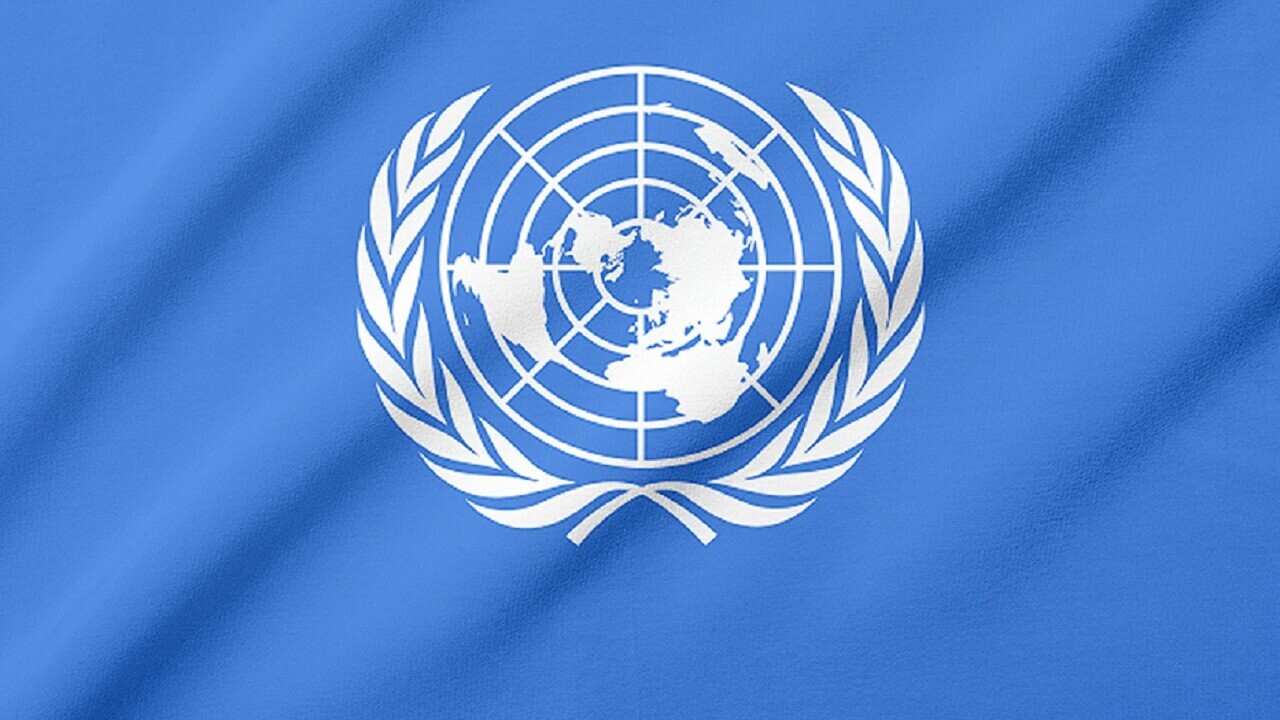
The World Health Organization today issued its first-ever report on the use of artificial intelligence in healthcare.
The report is 165 pages cover-to-cover and it provides a summary assessment of the current state of AI in healthcare while also laying out several opportunities and challenges.
Most of what the report covers boils down to six “guiding principles for [AI’s] design and use.”
Per a WHO blog post, these include:
- Protecting human autonomy
- Promoting human well-being and safety and the public interest
- Ensuring transparency, explainability and intelligibility
- Fostering responsibility and accountability
- Ensuring inclusiveness and equity
- Promoting AI that is responsive and sustainable
These bullet points make up the framework for the report’s exploration of the current and potential benefits and dangers of using AI in healthcare.
The good news
The report focuses a lot of attention on cutting through hype to give analysis on the present capabilities of AI in the healthcare sector. And, according to the report, the most common use for AI in healthcare is as a diagnostic aid.
Per the report:
AI is being considered to support diagnosis in several ways, including in radiology and medical imaging. Such applications, while more widely used than other AI applications, are still relatively novel, and AI is not yet used routinely in clinical decision-making.
The WHO anticipates this will soon change.
Per the report, the WHO expects AI to improve nearly every aspect of healthcare from diagnostic accuracy to improved record-keeping. And there’s even hope it could lead to drastically improved outcomes for patients presenting with stroke, heart attack, or other illnesses where early diagnosis is crucial.
Furthermore, AI is a data-based technology. The WHO believes the onset of machine learning technologies in healthcare could help predict the spread of disease and possibly even prevent epidemics in the future.
It’s obvious from the report that the WHO is optimistic for the future of AI in healthcare. However, the report also details numerous challenges and risks associated with the wide-scale implementation of AI technologies into the healthcare system.
The bad news
The report recognizes efforts on behalf of numerous nations to codify the use of AI in healthcare, but it also notes that current policies and regulations aren’t enough to protect patients and the public at large.
Specifically, the report outlines several areas where AI could make things worse. These include modern day concerns such as handing care of the elderly over to inhuman automated systems. And they also include future concerns: what happens when a human doctor disagrees with a black box AI system? If we can’t explain why an AI made a decision, can we defend it if its diagnosis when it matters?
And the report also spends a significant portion of its pages discussing the privacy implications for the full implementation of AI into healthcare.
Per the report:
Collection of data without the informed consent of individuals for the intended uses (commercial or otherwise) undermines the agency, dignity and human rights of those individuals; however, even informed consent may be insufficient to compensate for the power dissymmetry between the collectors of data and the individuals who are the sources.
In other words: Even when everything is transparent, how can anyone be sure patients are giving informed consent when it comes to their medical information? When you consider the circumstances many patients are in when a doctor asks them to consent to a procedure, it’s hard to imagine a scenario where the intricacies of how artificial intelligence operates matters more than than what their doctor is recommending.
You can read the entire WHO report here.
Get the TNW newsletter
Get the most important tech news in your inbox each week.





